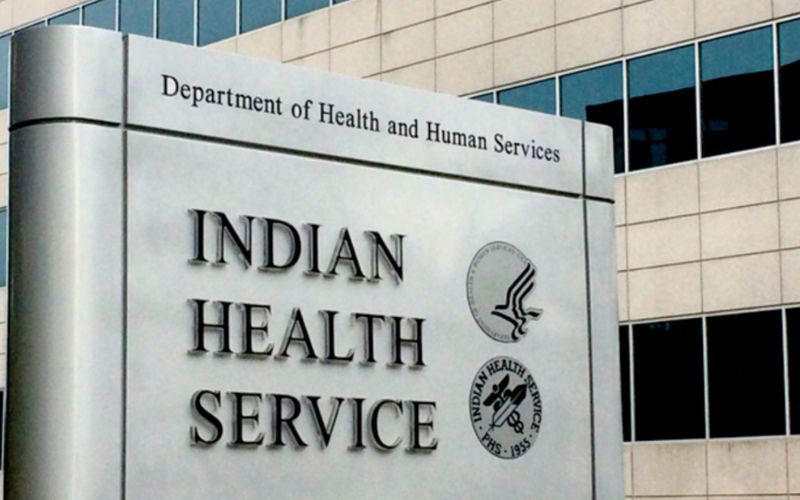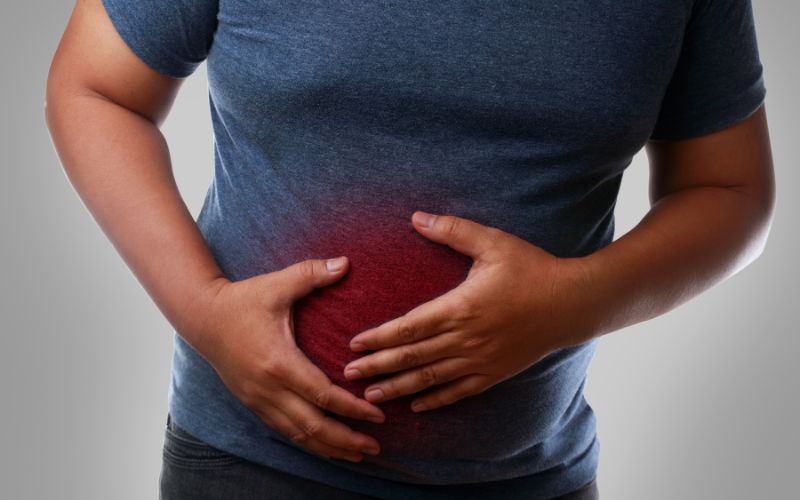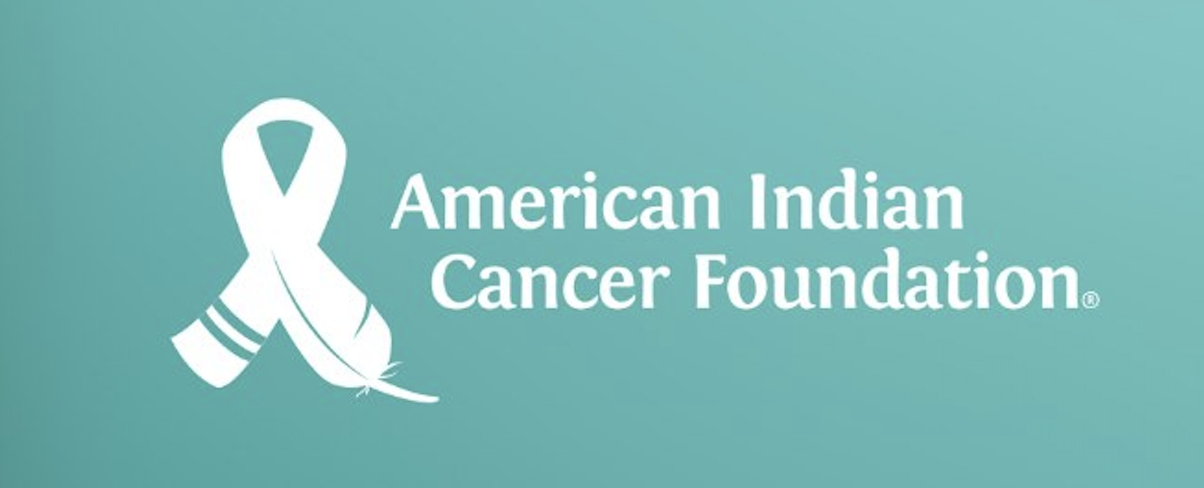Health
- Type: Default
- Ad Visibility: Show Article Ads
- Reader Survey Question: No Question
- Video Poster: https://nativenewsonline.net/images/10_Years_Logo.png
- Details
- By Kaili Berg
- Type: Default
- Ad Visibility: Show Article Ads
- Reader Survey Question: No Question
- Video Poster: https://nativenewsonline.net/images/10_Years_Logo.png
While overall cancer deaths are declining in the United States, colorectal cancer is increasing in Alaska Natives. That’s according to Cancer Statistics 2024, a new report recently released by The American Cancer Society.
- Details
- By Kaili Berg
- Type: Default
- Ad Visibility: Show Article Ads
- Reader Survey Question: No Question
- Video Poster: https://nativenewsonline.net/images/10_Years_Logo.png
An Osage member of the President’s Council on Sports, Fitness and Nutrition is partnering with basketball nonprofit Rise Above Basketball to provide basketball clinics for Native youth at the end of January.
- Details
- By Chez Oxendine
- Type: Default
- Ad Visibility: Show Article Ads
- Reader Survey Question: No Question
- Video Poster: https://nativenewsonline.net/images/10_Years_Logo.png
Maine is struggling to meet the needs of its opioid-addicted citizens, due in part to a shortage of detox beds. The state’s four federally recognized tribes, known collectively as the Wabanaki Nations, are helping close the gap with a new medication-assisted treatment and detox facility designed around Indigenous values, but open to all.
- Details
- By Elyse Wild
- Type: Default
- Ad Visibility: Show Article Ads
- Reader Survey Question: No Question
- Video Poster: https://nativenewsonline.net/images/10_Years_Logo.png
Researchers have found that small declines in blood lead levels were associated with long-term heart health improvements in Native American adults through the Strong Heart Family Study.
- Details
- By Kaili Berg
- Type: Default
- Ad Visibility: Show Article Ads
- Reader Survey Question: No Question
- Video Poster: https://nativenewsonline.net/images/10_Years_Logo.png
The American Indian Cancer Foundation (AICAF) is launching the 7th annual Turquoise Thursday campaign on Thursday, January 18, with a virtual event to spread awareness about the importance of cervical cancer screening in Native American communities.
- Details
- By Kaili Berg
- Type: Default
- Ad Visibility: Show Article Ads
- Reader Survey Question: No Question
- Video Poster: https://nativenewsonline.net/images/10_Years_Logo.png
The National Indian Health Board (NIHB) announced it is hosting the second part of the Regional Tribal Environmental Health Summit Webinar Series.
- Details
- By Native News Online Staff
- Type: Default
- Ad Visibility: Show Article Ads
- Reader Survey Question: No Question
- Video Poster: https://nativenewsonline.net/images/10_Years_Logo.png
- Details
- By Kaili Berg
- Type: Default
- Ad Visibility: Show Article Ads
- Reader Survey Question: No Question
- Video Poster: https://nativenewsonline.net/images/10_Years_Logo.png
Loading the back of a Subaru Outback with supplies, three Indigenous women make sure they have enough water, food and care packages to serve Indigenous people who have been displaced in different parts of the Valley.
- Details
- By SHONDIIN SILVERSMITH, Arizona Mirror
- Type: Default
- Ad Visibility: Show Article Ads
- Reader Survey Question: No Question
- Video Poster: https://nativenewsonline.net/images/10_Years_Logo.png
A new study published by the Journal of American Medical Association (JAMA) Dermatology shows that Alaska Natives and American Indians (AI/AN) have the second-highest rates of skin cancer behind the white Americans. The study corrects the underreporting of melanoma in Native communities, driven by frequent misclassification of race in data collection.
- Details
- By Kaili Berg










